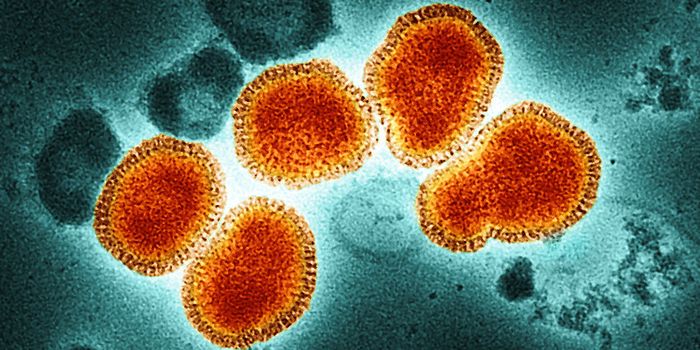Neural Miscommunication in the Lungs Amplifies Allergic Inflammation
Miscommunication between the nervous system and the immune system leads to the coughing and wheezing known all too well by people with allergic asthma, a new study shows. A new study is the result of collaboration between Brigham and Women’s Hospital and the Broad Institute of MIT and Harvard, where scientists identify immune cells and neural signaling in the lungs that promote asthma-inducing inflammation.
Lung-resident innate lymphoid cells (ILCs) hug the line between protective and inflammatory, and they exist alongside nerve fibers that are often responsible for smooth muscle contractions leading to the characteristic features of asthma. Using novel single-cell RNA sequencing technology, researchers identified a “molecular cue” that appears to be responsible for lung-resident ILCs leaning toward the inflammatory side over the protective side.
Single-cell RNA sequencing allowed researchers to scan over 65,000 individual cells, looking for genes that were active in normal conditions versus inflammatory conditions. In this way, scientists were putting together the pieces of a puzzle; from a distance ILCs all look the same, but in reality, they are all unique and play a specific role in a specific place.
"To really understand the puzzle that is allergy and asthma, we need closely examine each of the pieces individually and understand how they fit together into an ecosystem of cells," explained co-study leader Aviv Regev, PhD, director of the Klarman Cell Observatory at the Broad Institute.
Researchers focused on one gene, Nmur1, which codes for a receptor for the neuropeptide NMU (neuromedin U). In response to molecules called alarmins, NMU signaling promotes allergic inflammation, triggering smooth muscle contraction and inflammation. Another NMU receptor, Nmur2, has been implicated in endometrial cancer cell progression.
Other research also shows that ILCs in the gut express Nmur1. "We anticipate that the NMU-NMUR1 pathway will also play a critical role in amplifying allergic reactions in the gut and promote development of food allergies," explained co-senior author Vijay Kuchroo, PhD.
"We may have identified a way of blocking allergic lung inflammation by controlling neuropeptide receptors," said another team leader, Samantha Riesenfeld, PhD. "This work represents a mechanistic insight that could lead to the development of a new therapeutic approach for preventing asthma."
The present study was published in the journal Nature.
Sources: Military Medical Research, Oncotarget, Brigham and Women’s Hospital









